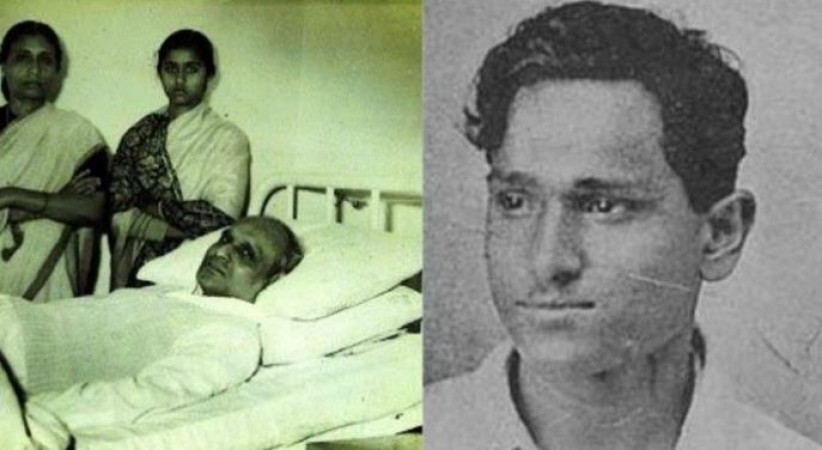
In the annals of India's freedom struggle, the name of Batukeshwar Dutt shines as a brave and devoted revolutionary, yet history often overlooks his significant contributions. Alongside his close friend Bhagat Singh, Batukeshwar Dutt played a pivotal role in challenging British colonial rule through daring acts of resistance. One such act that etched his name in history was the iconic bombing of the Central Legislative Assembly in Delhi on April 8, 1929.
Born on November 18, 1910, in Oari village, Bihar, Batukeshwar Dutt was deeply influenced by the fervor of the Indian independence movement from a young age. His encounters with prominent freedom fighters like Bhagat Singh and Chandrashekhar Azad further fueled his passion for liberation from British oppression.
The Assembly Bombing and Its Impact
On that fateful day in 1929, Batukeshwar Dutt and Bhagat Singh embarked on a mission to protest against repressive laws and demand the release of political prisoners. As the Assembly session began, they hurled non-lethal smoke bombs into the chambers and shouted slogans of "Inquilab Zindabad" (Long Live the Revolution).
Their intention was not to harm anyone but to attract attention to the injustice faced by freedom fighters and the urgent need for India's liberation. Despite knowing the grave consequences of their actions, both young revolutionaries surrendered to the authorities without resisting arrest.
The Trial and Unwavering Resolve
Batukeshwar Dutt, along with Bhagat Singh, faced a sensational trial that captivated the nation's attention. During the proceedings, they displayed immense courage, using the courtroom as a platform to voice their dissent against British rule and advocate for the rights of the Indian people.
Their famous statement during the trial, "It is easy to kill individuals, but you cannot kill the ideas. Great empires crumbled, while the ideas survived," echoed the spirit of resistance and resilience that defined their revolutionary zeal.
Imprisonment and Legacy
Despite their act of non-violence during the bombing, both Batukeshwar Dutt and Bhagat Singh were sentenced to life imprisonment for their revolutionary activities. While serving their terms in prison, they continued to inspire fellow inmates and revolutionaries with their unwavering commitment to the cause of India's independence.
Batukeshwar Dutt's contribution to the freedom struggle extends beyond the Assembly bombing. He remained an active member of revolutionary groups, working clandestinely to mobilize public support for the cause.
Unfortunately, as time passed, Batukeshwar Dutt's role and sacrifices faded from public memory. While Bhagat Singh's name remains etched in the nation's consciousness, the contribution of his loyal comrade, Batukeshwar Dutt, has been overshadowed and forgotten.
In Conclusion
The story of Batukeshwar Dutt is a reminder of the countless unsung heroes who selflessly fought for India's freedom. His courage, sacrifice, and unwavering resolve in the face of adversity deserve to be remembered and celebrated. It is essential to revive his legacy and pay homage to the forgotten revolutionary who stood shoulder-to-shoulder with Bhagat Singh in the pursuit of India's independence.
The Serenity of Seychelles: Secluded Beaches and Island Adventures
Mumbai’s hideaway Kasara Ghat getting Rinsed in this Monsoon Season
Silent Protest March in London Condemning Manipur Violence